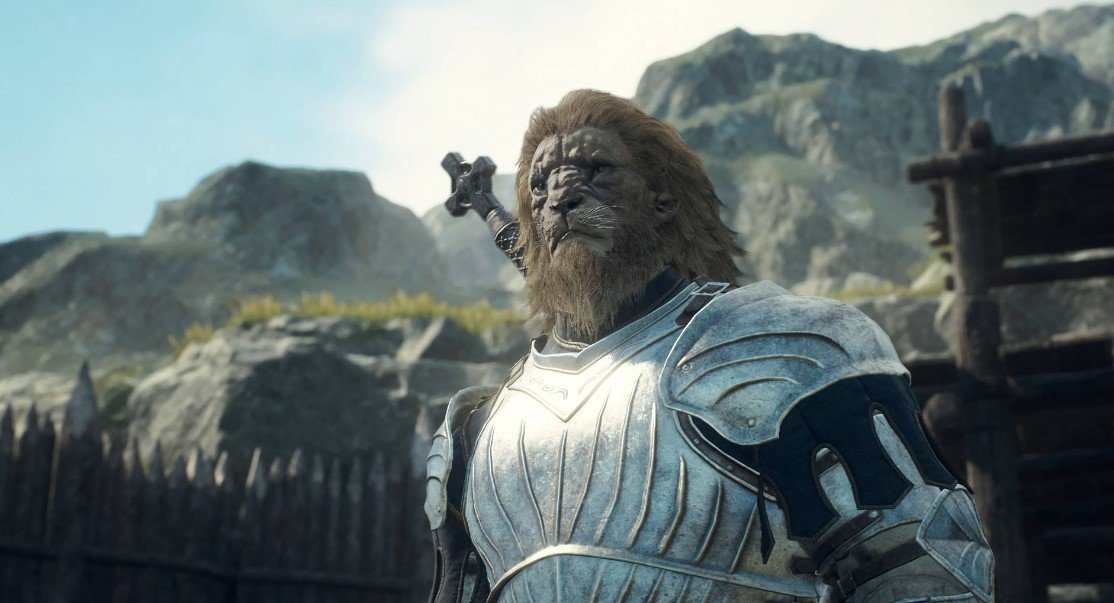In the realm of gaming, the sequel to the cult classic ‘Dragon’s Dogma’ has emerged with a groundbreaking approach to non-player characters (NPCs), particularly the pawns. These companions are more than mere followers; they are integral to the gameplay and narrative, offering a unique blend of assistance, strategy, and personalization.
The Evolution of Companionship
The pawns in Dragon’s Dogma 2 are not your typical silent sidekicks. They have been designed to interact with the player and the world in meaningful ways. From gathering resources to providing combat support, these pawns are proactive partners on your journey. Their ability to adapt to the player’s style creates a dynamic experience that evolves throughout the game.

The developers have introduced a new feature allowing players to customize their pawns’ behaviors and skills. This level of customization ensures that each pawn can be tailored to fit the player’s strategic needs, whether that be engaging in direct combat or providing logistical support.
A New Layer of Strategy
Pawns in Dragon’s Dogma 2 bring a fresh strategic element to the game. Players must consider their pawns’ inclinations and specializations when forming their party. The right combination of pawns can mean the difference between victory and defeat in challenging encounters.
The game encourages experimentation with different pawn setups, rewarding players who take the time to understand and optimize their companions’ abilities. This strategic depth adds a layer of replayability, as different pawn combinations can significantly alter the gameplay experience.
Personalization and Community
Perhaps the most innovative aspect of Dragon’s Dogma 2’s pawn system is the community integration. Pawns can be shared among players, allowing for a diverse range of companion options. This feature not only enhances the sense of community within the game but also allows players to experience a variety of pawn personalities and combat styles.
The personalization extends to the pawns’ appearances and names, giving players the freedom to create truly unique companions. This personal touch adds emotional weight to the pawns, as players invest time in developing and customizing their abilities and aesthetics.


































